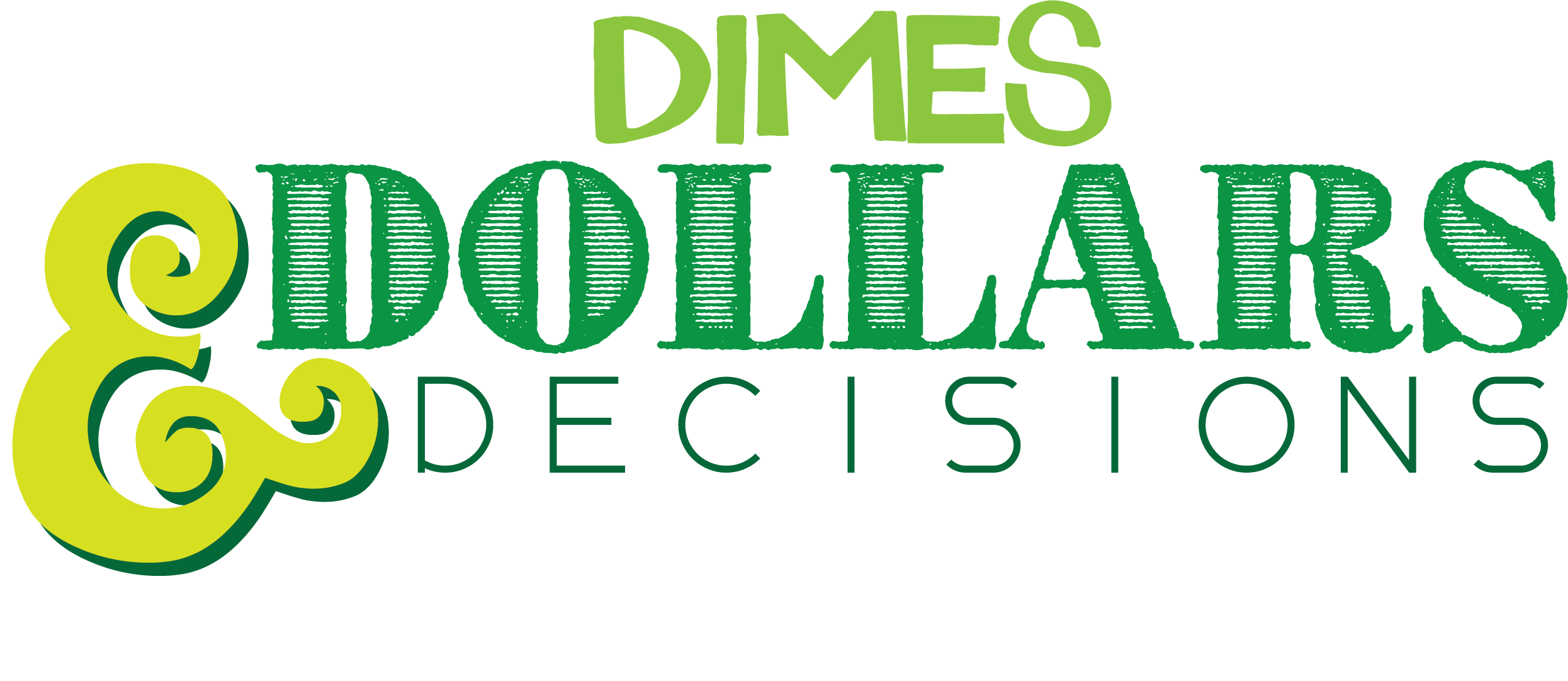Why is learning about banking important?
Money affects everything. Learning how to use money wisely will help set your life on a course for success. Having sound knowledge about how to make smart money decisions will give you more freedom in life and that’s something worth exploring. We realize that becoming savvy about money can be a daunting task. That’s why The National Theatre for Children has partnered with MyBankTracker.com to give you access to information about money that is relevant to you.
MyBankTracker.com is a commercial banking website that uses data to help you choose banks and other financial institutions to help you set up a savings account, get a loan or to provide information on other money-related services. Read below to learn more about savings accounts, using credit wisely and some information on loans you may take out in your life. As always, a savvy consumer will use critical thinking abilities when using and comparing information from a commercial source. Use your exploration of MyBankTracker.com as an opportunity to exercise those critical thinking skills.



